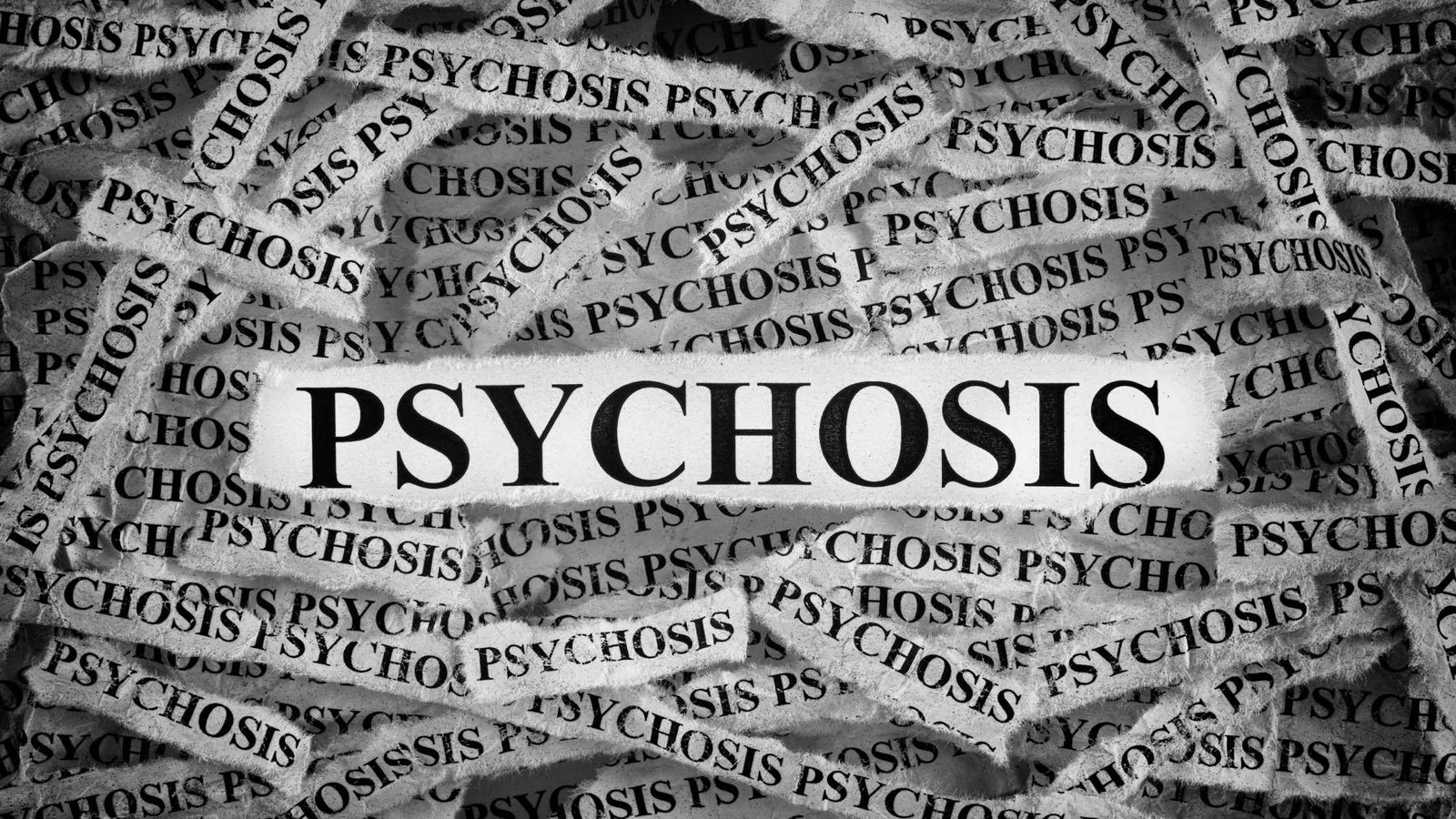As the seasons change, so does our environment, lifestyle, and even our mental health. While most people associate summer with vacations, sunshine, and outdoor activities, for individuals living with psychosis, the summer season can sometimes trigger or worsen their symptoms.
At Psychosis Treatment Center, we understand the subtle but powerful ways that summer can impact psychosis. In this blog, we explore the connection between seasonal changes and psychosis, why symptoms may worsen during summer, and most importantly, how you can manage and seek help if needed.
Understanding Psychosis
Psychosis is a mental health condition where an individual loses some contact with reality. It often involves symptoms such as hallucinations, delusions, disorganized thinking, and emotional difficulties. Psychosis can be a one-time event or part of longer-term conditions like schizophrenia, schizoaffective disorder, or bipolar disorder.
While psychosis has many causes—including genetics, trauma, brain chemistry, and substance use—environmental factors like seasonal changes can also influence the severity and frequency of symptoms.
How Summer Can Impact Psychosis
1. Increased Heat and Dehydration
High temperatures during summer can cause dehydration and heat exhaustion. For individuals with psychosis, dehydration can worsen confusion, disorientation, and irritability. Some psychiatric medications can also interfere with the body’s ability to regulate temperature, making it harder to handle extreme heat safely.
2. Disrupted Sleep Patterns
Longer daylight hours and warmer nights often disrupt normal sleep cycles. Poor sleep or insomnia is a major risk factor for triggering psychotic episodes. Without proper rest, individuals may experience heightened paranoia, hallucinations, or mood swings.
3. Social Isolation or Overstimulation
Summer events and gatherings can be overwhelming. Loud noises, crowds, and social pressure can increase stress levels, which may lead to sensory overload or paranoia in individuals prone to psychosis. On the flip side, if someone isolates themselves to avoid these triggers, loneliness and depression can worsen their condition.
4. Medication Sensitivity
Certain antipsychotic medications increase the risk of heatstroke because they affect how the body cools itself. Some medications may also cause increased sun sensitivity, leading to sunburns or rashes. Skipping medications out of fear of side effects can, unfortunately, trigger a relapse.
5. Changes in Routine
During summer, routines often change—whether it’s school breaks, vacations, or flexible work hours. For someone living with psychosis, maintaining a structured routine is crucial. Sudden changes can create instability and confusion, potentially worsening symptoms.
Signs to Watch For During Summer
It’s important for caregivers, friends, and family members to be extra vigilant during the summer months. Watch for these warning signs:
- Sudden withdrawal from social interaction
- Increased irritability or agitation
- Talking about strange ideas or exhibiting unusual behavior
- Lack of sleep or irregular sleeping patterns
- Complaints of overheating, dehydration, or confusion
- Discontinuing medication use
If any of these signs appear, it’s important to consult a mental health professional immediately.
How to Manage Psychosis During Summer
Managing psychosis effectively during summer involves both preventive care and immediate support strategies:
1. Stay Cool and Hydrated
Drink plenty of water and stay indoors during peak heat hours. Use fans, air conditioning, and lightweight clothing to prevent overheating.
2. Maintain a Sleep Routine
Try to stick to a regular bedtime and wake-up schedule. Use blackout curtains to block excess light and create a calm, dark sleeping environment.
3. Medication Management
Discuss any concerns about medication side effects with your psychiatrist. Never stop taking medications without medical advice. Doctors may adjust dosages or recommend additional precautions during the hotter months.
4. Limit Overstimulation
Choose calm, quiet activities and avoid crowded, noisy environments if they feel overwhelming. It’s okay to say no to social events when needed.
5. Create a Summer Wellness Plan
Work with a therapist or mental health team to develop a personalized plan. This could include scheduled check-ins, coping strategies for stress, and emergency contact numbers.
6. Protect Against Sun Exposure
Wear sunscreen, sunglasses, and hats when outdoors. Stay in the shade whenever possible to prevent sunburns and heatstroke.
When to Seek Professional Help
If symptoms intensify or new symptoms arise, it’s crucial to reach out to a mental health professional. Early intervention can prevent a full-blown psychotic episode and help individuals stay on track with their recovery journey.
At Psychosis Treatment Center, we offer compassionate, expert care tailored to each individual’s unique needs. Our team is experienced in managing seasonal triggers and developing long-term recovery strategies.
Conclusion
While summer can present challenges for individuals living with psychosis, understanding the risks and taking proactive steps can make a huge difference. Staying cool, keeping a routine, managing medications properly, and seeking support when needed are all important ways to navigate the season safely.
Remember, you are not alone. With the right help, managing psychosis during the summer—and all year round—is possible.
If you or a loved one is struggling, don’t hesitate to contact Psychosis Treatment Center. We are here to guide you on the path to recovery.

